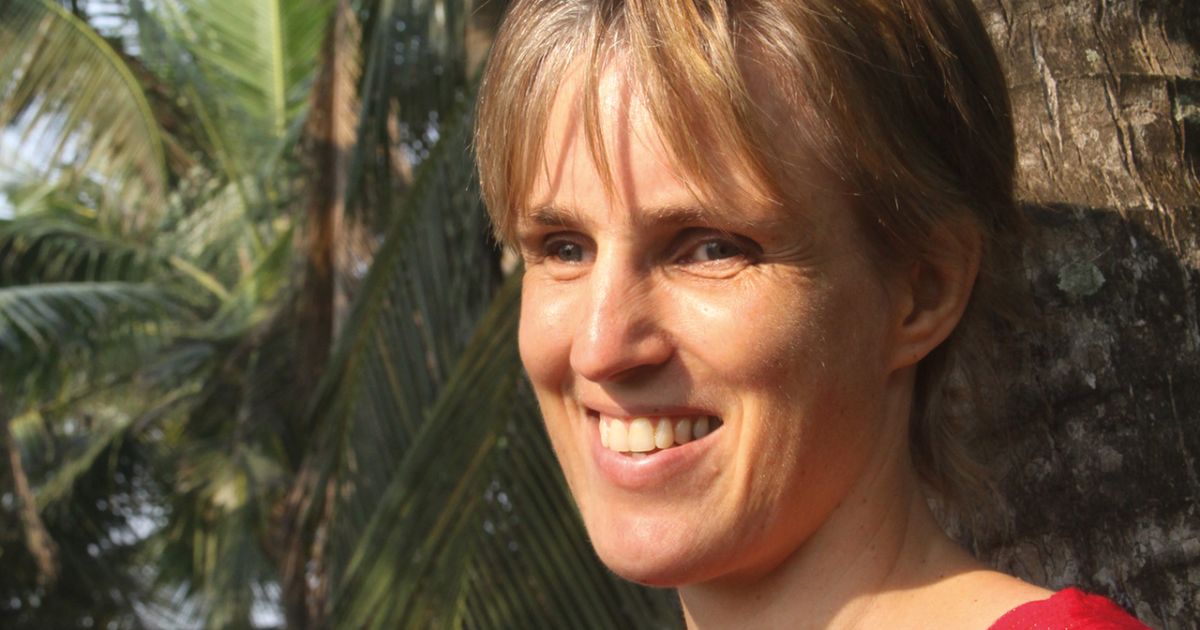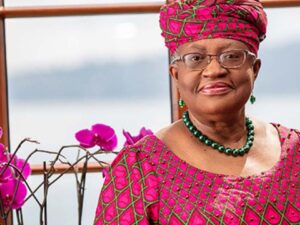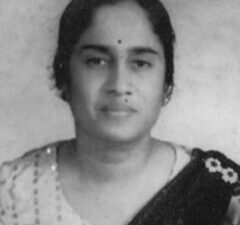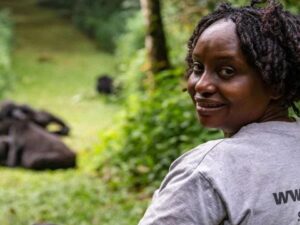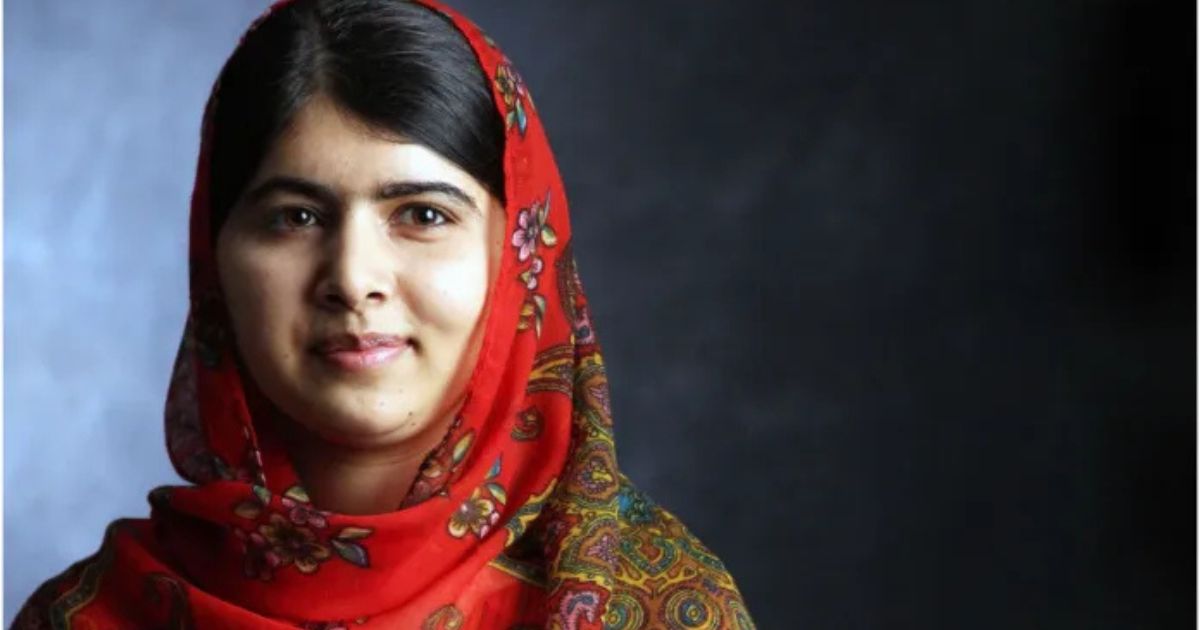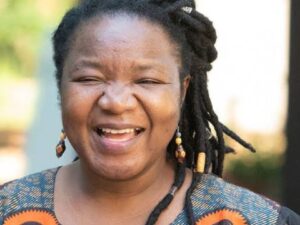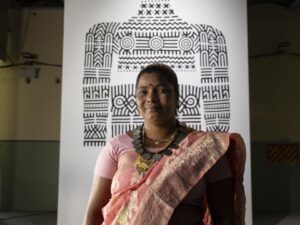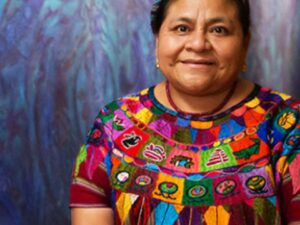Imagine a young girl in Germany, losing her sight by age 12, yet dreaming of a life that defies limitations. That girl was Sabriye Tenberken, a woman who transformed her own challenges into a beacon of hope for blind youth in Tibet. Born in 1970 in Cologne, Germany, Sabriye faced a childhood marked by progressive blindness and societal skepticism. Undeterred, she ventured to one of the world’s most remote regions, founding the first school for the blind in Tibet and sparking a global movement for disability rights. Her story is a gripping tale of resilience, innovation, and women empowerment, proving that ordinary women heroes can create extraordinary change.
This article tells the authentic, true journey of Sabriye Tenberken, a trailblazing woman who brought education and dignity to Tibet’s blind community. Let’s dive into the life of a woman who saw possibility where others saw barriers.
Sabriye Tenberken A Childhood Shaped by Challenge
Sabriye Tenberken grew up in Cologne, Germany, in a supportive family that encouraged her curiosity. At age two, she began losing her vision due to a retinal disease. By 12, she was fully blind. “I wasn’t afraid of blindness itself,” she later wrote in her memoir, My Path Leads to Tibet. “I was afraid of being defined by it.” In 1980s Germany, opportunities for the blind were limited, and societal attitudes often leaned toward pity or exclusion. Sabriye refused to be boxed in. She attended a mainstream school, learned to ride horses, and mastered Braille, determined to live on her terms.
Her teenage years brought new hurdles. Classmates sometimes mocked her, and teachers doubted her potential. Yet, Sabriye’s parents instilled a fierce independence. “They never treated me as less,” she told The Guardian in 2006. She developed a knack for languages, mastering English, French, and Latin. At 19, she stumbled upon Tibetan at Bonn University, one of the few programs offering Tibetology. Fascinated by a culture she’d never seen, she taught herself Tibetan Braille—a system that didn’t exist—by transcribing texts. This self-taught skill became the seed of her future mission.
After graduating, Sabriye faced a choice: settle into a predictable life in Germany or chase a bolder dream. She chose the latter. In 1997, at 27, she traveled to Tibet, a region where blindness carried deep stigma and no formal education existed for the blind. “I wanted to go where I could make a difference,” she said. That decision launched her into uncharted territory, both literally and figuratively.
Building a Vision in Tibet
Tibet in the late 1990s was rugged and remote, with harsh terrain and a culture that often shunned the disabled. Blind children were frequently hidden away, considered a source of shame or bad karma. Sabriye arrived in Lhasa, armed with her Tibetan Braille system and a burning resolve. “I saw children who were neglected, who had no voice,” she recalled in a 2010 TEDx talk. She didn’t just want to help—she wanted to empower.
In 1998, Sabriye co-founded Braille Without Borders (now Kanthari International) with her partner, Paul Kronenberg, a Dutch engineer. Their first project was a school for the blind in Lhasa, the first of its kind in Tibet. Starting with six students, the school taught Braille, Tibetan, Mandarin, and life skills like cooking and navigation. “We didn’t want them to just survive,” Sabriye said. “We wanted them to thrive.” By 2002, the school had grown to 70 students, many of whom had been abandoned or marginalized.
Sabriye’s approach was revolutionary. She hired blind teachers, proving they could lead. She introduced vocational training, from massage therapy to farming, giving students economic independence. One graduate, Kyila, became Tibet’s first blind woman to open a kindergarten, employing other blind graduates. “Sabriye showed us we weren’t broken,” Kyila told BBC in 2015. The school’s success challenged deep-seated biases, earning respect from local communities.
By 2009, her school had empowered over 300 students, with many pursuing careers or higher education.
Her work wasn’t just about education—it was about dignity. Sabriye trekked across Tibet on horseback, seeking out blind children in remote villages. “Families thought their kids had no future,” she said. She changed that narrative, one child at a time. By 2009, her school had empowered over 300 students, with many pursuing careers or higher education.
Sabriye Tenberken Overcoming Immense Obstacles
Sabriye’s mission faced daunting challenges. Tibet’s political climate, under Chinese governance, was tense. Foreign NGOs faced scrutiny, and funding was a constant struggle. “We had to prove ourselves every day,” Sabriye told NPR in 2012. The school relied on donations and grants, often stretched thin. Harsh winters and limited infrastructure made operations grueling, with power outages and supply shortages common.
Cultural barriers were steeper. Convincing families to send their blind children to school required dismantling centuries-old stigmas. Some parents feared Sabriye’s school was a scam or that education was pointless. She persisted, hosting community meetings and showcasing student successes. “Change starts with trust,” she said. Her fluency in Tibetan and respect for local customs earned her allies, but progress was slow.
Sabriye also faced personal doubts. As a blind woman in a foreign land, she navigated skepticism about her leadership. “People questioned how I could run a school without sight,” she admitted. She countered with action, mastering Tibet’s rugged landscape and managing the school’s logistics with precision. Her blindness became her strength, allowing her to connect deeply with students. “I understood their fears,” she said. “I’d lived them.”
Her blindness became her strength, allowing her to connect deeply with students. “I understood their fears,” she said. “I’d lived them.”
The 2008 Chinese crackdown on Tibetan protests brought new risks. Foreigners faced expulsion, and Sabriye’s school was briefly shut down. Undaunted, she shifted focus to India, launching Kanthari in 2009, a leadership institute for disabled and marginalized activists. “Tibet taught me we needed more changemakers,” she said. Kanthari has since trained over 200 leaders from 50 countries, amplifying her impact globally.
A Global Legacy of Empowerment
Sabriye’s work has rippled far beyond Tibet. Kanthari’s graduates have launched initiatives in Africa, Asia, and Latin America, from schools for the deaf in Uganda to women’s cooperatives in India. In Tibet, her school continues under local leadership, a sustainable model she prioritized. “It’s not about me—it’s about the system,” she told Forbes in 2019. Her Braille system is now used across China, standardizing education for the blind.
Her advocacy has shifted perceptions. In Tibet, blind graduates are now teachers, business owners, and community leaders. Globally, Sabriye’s story has inspired disability rights movements. She’s received accolades like the 2005 Rolex Award for Enterprise and a 2013 nomination for the Nobel Peace Prize alongside Malala Yousafzai. Yet, she remains humble. “I’m just one part of a bigger fight,” she said.
Sabriye’s work aligns with women empowerment and disability rights goals. The UN’s Sustainable Development Goal 4 (inclusive education) echoes her mission. Her model—community-driven, sustainable, and inclusive—offers a roadmap for grassroots change. By empowering the marginalized, she’s shown that ordinary women heroes can tackle systemic issues with ingenuity.
Why Sabriye Tenberken ‘s Story Resonates
Sabriye Tenberken’s journey captivates because it’s rooted in authenticity. She wasn’t a celebrity or a politician—just a blind woman from Germany with a vision. Her childhood struggles gave her empathy, not bitterness. “Blindness didn’t stop me; it shaped me,” she said. For anyone facing adversity, her story is a reminder that limitations are often external, not internal.
For women in social impact, Sabriye is a trailblazing woman. She didn’t wait for permission or perfect conditions. She built a school in a region others deemed impossible, proving that courage trumps circumstance. Her leadership challenges stereotypes about disability and gender, showing that women empowerment thrives in action, not rhetoric.
If you see a problem, you’re already part of the solution – Sabriye
Her story also calls us to act. How many communities still marginalize the disabled? What small step can we take to include the excluded? As Sabriye told TED, “If you see a problem, you’re already part of the solution.” Her life urges us to look beyond pity and toward possibility.
A Hero’s Unfinished Journey
Today, at 55, Sabriye continues her work from Kerala, India, mentoring Kanthari’s next generation of activists. She’s writing a second book and advocating for global disability rights. “There’s still so much to do,” she told Deutsche Welle in 2023. Kanthari aims to train 500 leaders by 2030, each launching their own initiatives. In Tibet, her school’s alumni are now advocates, ensuring her legacy endures.
Sabriye Tenberken’s story—from a blind girl in Cologne to a global changemaker—proves that ordinary women heroes can reshape the world. She didn’t just teach blind youth to read; she taught them to dream. In Tibet and beyond, her work lights a path for disability rights and women empowerment, showing that one woman’s courage can change countless lives. So, when you think of heroes, remember Sabriye—a woman who saw with her heart and built a future for those left behind.
Disclaimer: To learn more about Sabriye Tenberken’s incredible journey, purchase her memoir, My Path Leads to Tibet: The Inspiring Story of How One Young Blind Woman Brought Hope to the Blind Children of Tibet, available on Amazon. You can also visit Braille Without Borders or Kanthari to support her ongoing work in empowering blind and marginalized communities.

